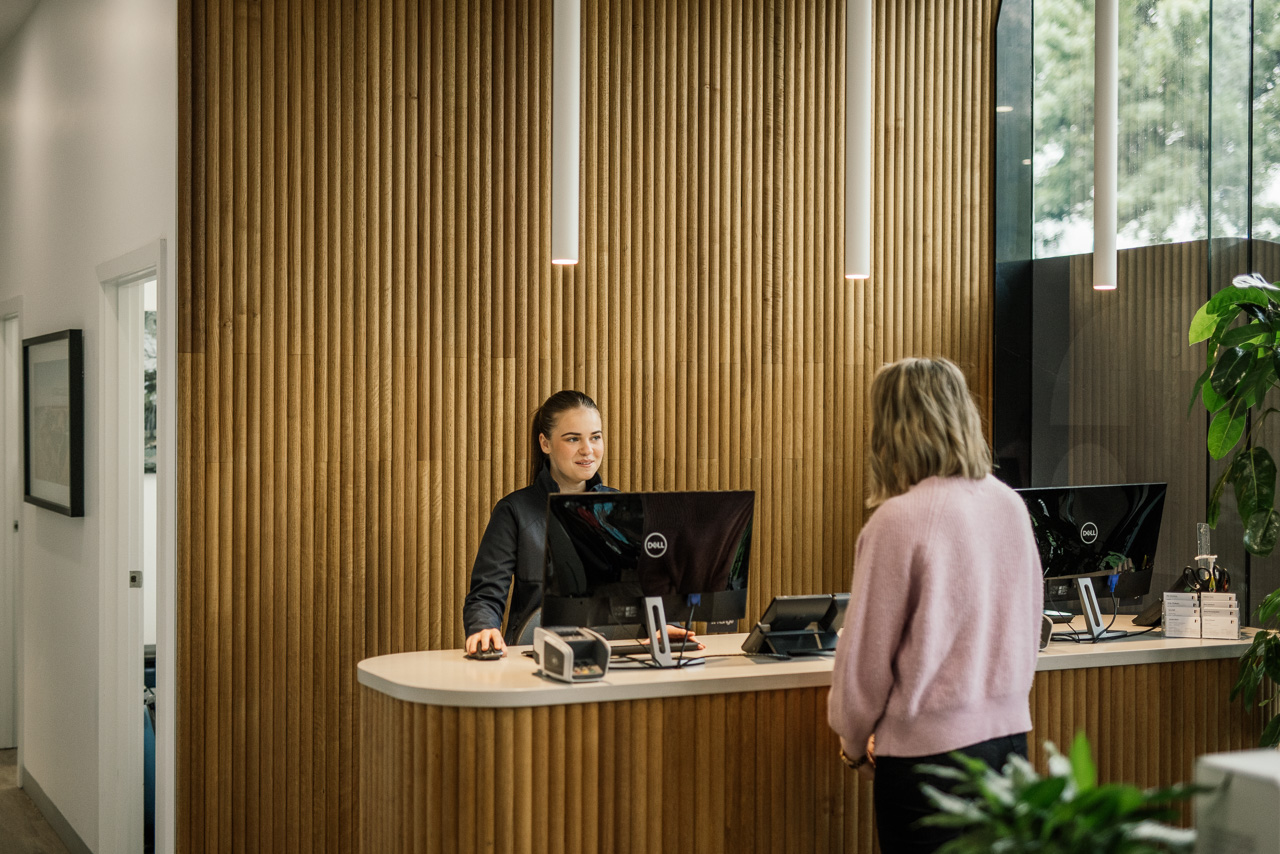Recovering from pain or injury can be a long and frustrating road with plenty of ups and downs. We thought we would put some ideas together to help you on this journey so you can make the most of your time with us. Hopefully one or two of these points resonate and assist you on your road to recovery and better physical health.
1. Treat the Cause not just the Symptoms
We often say we can be most helpful to you when acute pain settles – that is when we can go beyond the symptoms and start working on optimising your overall physical health. We aim to achieve more mobility if your muscles or ligaments are tight, build more control around problematic joints, or build strength and resilience into tissues that need it. In addition, there may be some contributing issues that we can help you identify including past injury history, environmental factors, general physical health and exercise history, ergonomics, and mental health.
2. Keep Moving
“Exercise is medicine” and “Motion is Lotion”. Apart from some rare cases, complete rest is rarely the best treatment. In fact, continuing to move in a safe way and continuing to get regular cardiovascular exercise can be very helpful to create a good healing environment. Read more about finding balance in your physical exercise routine here.
3. Communication
Although communication may not instinctively be something you think of aiding your injury recovery, we find it is one of the most essential elements of getting a successful recovery outcome.
After your first session you should have a clear idea of:
– What is wrong (Diagnosis)
– What can be done to help
– An idea of how long will it take to get better
It is really important that your physio listens to your health issue and how it is impacting you and your day to day life. We will work to provide honest and authentic communication on what we think may be going on with your injury and what we can do to help. If you have any questions about your injury or treatment, then please make sure you reach out to your physio to gain a better understanding. We love staying in touch via email to help guide you on your path to recovery.
4. See the Opportunity and set some Goals
Goal setting is tough when pain and symptoms are dominating. It is easy to get too focussed on pain management, chase that quick fix and forget long term plans and vision. To help keep this in check think about:
- What would you want to do if you were not in pain?
- How is this injury impacting your lifetstyle?
- What activities do you wish to return to?
Once you have set 2 or 3 goals then keep these goals foremost in your mind to help stay motivated and on track with the rehab. An injury, flare up or set back, although frustrating, can be a great opportunity to press the reset button on your physical health.
5. Patience
Easier said than done! Most injuries and symptoms will require time to allow adequate healing and allow you to return to full range of pain free movement. Rehabilitation from injury also requires persistence. Progress may be slow but your body will adapt with time. We often think in blocks of 6, 8 or 12 weeks to see improvements. Be patient and trust the process.
6. Stay motivated
It can be tough to follow the plan, including appointments, regular exercises and modifications to your lifestyle. To help stay focussed on your recovery goals reward yourself for each milestone you achieve. Make your rehab exercises a habit and the habit will start to do the work for you.
7. Eat Well
Practice good nutrition. Good nutrition helps recovery. Eating a balanced diet will help create a positive environment for your body to heal and thrive. Chat to a dietician if you need help in this space
8. Sleep Well
Getting enough sleep and rest is vital for healing. Look after your sleep hygiene, get enough sleep and try to establish a regular sleep routine.
9. Stay positive and enjoy the process
A positive attitude can go a long way to help you through the recovery process. Focus on your progress and what you can do, rather than what you can’t do. Soon you should be moving and feeling better and kicking goals!



